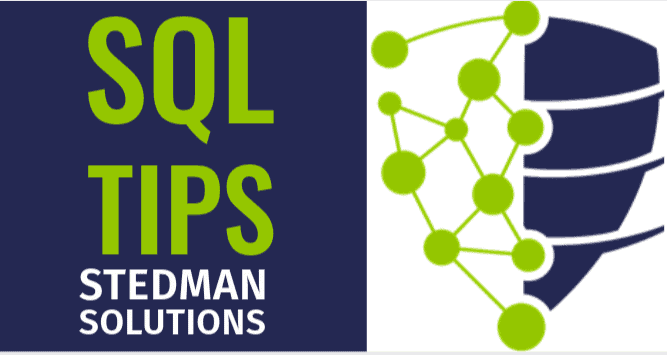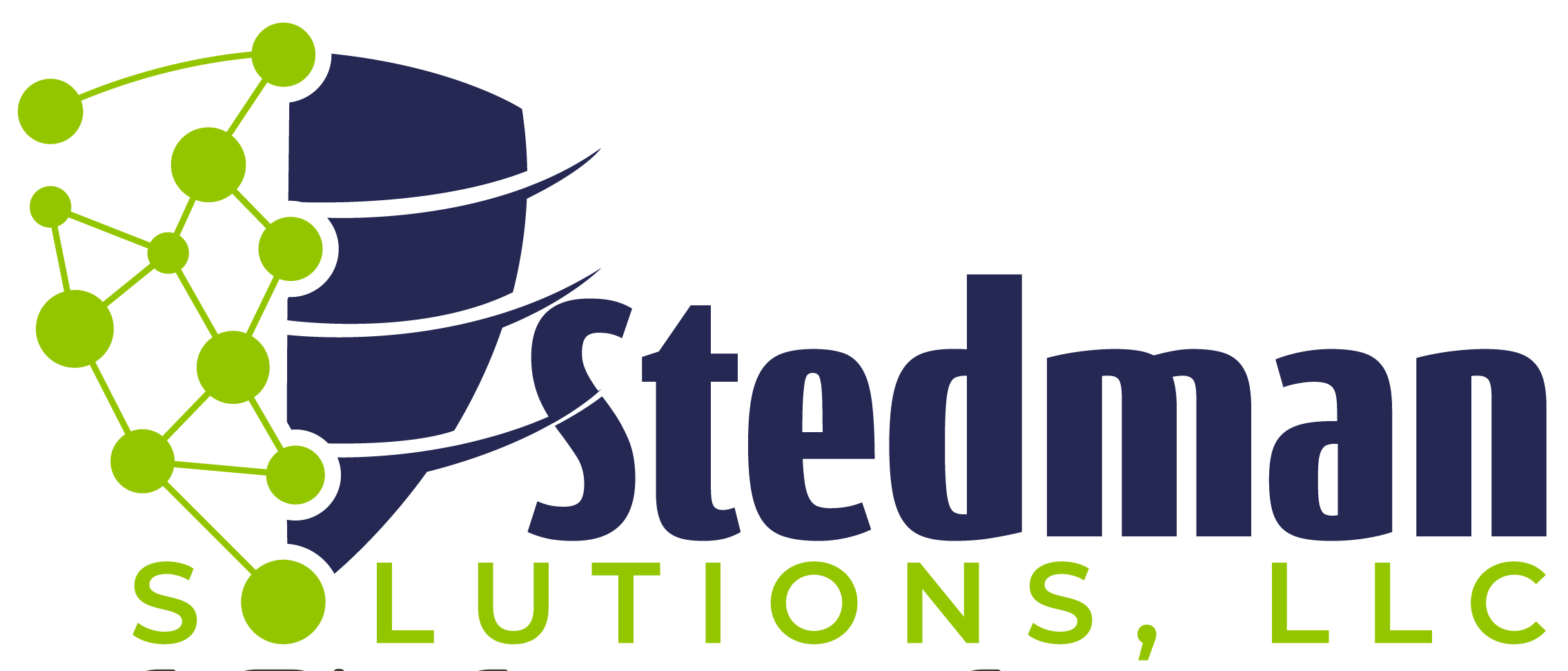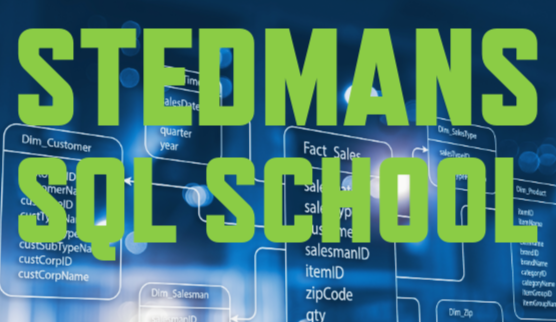Why SQL Still Shines: Advantages of SQL Over NoSQL

Why SQL Still Shines: Advantages of SQL Over NoSQL
In the database world, there’s often a debate about whether to use SQL or NoSQL technologies. Both have their place, but it’s important to understand where SQL outshines NoSQL and why it remains the go-to choice for many applications.
With years of working with SQL Server, I’ve seen how SQL databases evolve to meet modern demands, while still maintaining advantages that NoSQL struggles to match. Let’s dive into the key advantages SQL has over NoSQL.
1. Structured Data and ACID Compliance
One of the primary advantages of SQL is its ability to handle structured data with precision. SQL databases use a schema—a predefined structure that enforces data integrity. If you need data consistency, enforcing types, relationships, and constraints, SQL is a clear choice.
SQL databases, like SQL Server, offer ACID (Atomicity, Consistency, Isolation, Durability) compliance. This guarantees that your transactions are processed reliably:
- Atomicity ensures that all parts of a transaction succeed, or none do.
- Consistency ensures data remains valid according to all defined rules.
- Isolation ensures that transactions don’t interfere with each other.
- Durability guarantees that once a transaction is committed, it will survive system failures.
In contrast, many NoSQL databases sacrifice ACID compliance for flexibility and performance. While this trade-off can be acceptable for some use cases, in critical applications like banking, healthcare, or e-commerce, strong consistency is non-negotiable.
2. Powerful Query Language
SQL’s Structured Query Language (SQL) is another reason it continues to dominate. SQL is highly standardized, and its declarative nature makes it both powerful and easy to learn. Whether you need to retrieve, insert, update, or delete data, SQL provides a straightforward way to express complex queries.
NoSQL databases often lack a universal query language, leading to fragmented and less intuitive data retrieval methods. Some NoSQL databases have developed their own query systems, but they lack the simplicity and maturity of SQL.
For instance, in SQL Server, you can execute complex JOINs across tables with ease, aggregating and transforming data on the fly. This level of querying sophistication is much harder to achieve with NoSQL databases, where relationships between data are typically managed in the application layer rather than in the database.
3. Data Integrity and Referential Integrity
SQL databases allow for referential integrity, which ensures that relationships between tables (e.g., foreign key constraints) remain valid. This built-in ability to maintain the accuracy of relationships is crucial in applications that involve complex transactions across related data sets.
In NoSQL, this type of relationship typically requires manual handling in the application code. This can lead to data inconsistencies if not carefully managed.
4. Maturity and Tooling
SQL databases have been around for decades, and during this time, they have developed an extensive ecosystem of mature tools for Performance Tuning, backups, recovery, monitoring, and scaling. Solutions like Database Health Monitor (which I developed) give DBAs powerful insights into performance issues and database health.
NoSQL databases, being newer, don’t always have the same level of tooling available. If you’re running a critical application where database monitoring and optimization are crucial, SQL provides much better support.
5. Transactional Integrity
In many real-world applications, the need for transactional integrity is key. In e-commerce, for instance, when a customer makes a purchase, several operations must happen at once: adjusting inventory, charging a credit card, and creating a shipment. SQL ensures that all these actions occur in one transaction, maintaining the system’s integrity.
NoSQL databases tend to be eventually consistent, meaning updates propagate over time, but this may not be sufficient for applications requiring immediate and consistent reads after a write. For some NoSQL systems, guaranteeing transactional integrity can be difficult and require additional complexity.
6. Support for Complex Queries and Analytics
For analytical workloads or applications needing complex data Aggregations, SQL databases excel. Features like GROUP BY, HAVING, and WINDOW functions allow advanced data manipulation directly in the query. You can generate reports, calculate averages, and analyze trends without needing additional software.
In NoSQL, performing these types of complex queries often requires processing the data in your application or using additional frameworks. This not only increases complexity but can also significantly slow down operations.
7. Industry Standards and Compatibility
SQL databases follow industry standards (like ANSI SQL), which means that skills and knowledge transfer between different SQL database platforms—be it SQL Server, PostgreSQL, or MySQL—are relatively straightforward. This universality makes SQL a safer choice for long-term projects, where team members may change, or the technology stack may evolve.
NoSQL, however, is more fragmented. Every NoSQL database—whether it’s MongoDB, Cassandra, or Redis—has its own unique way of handling queries, data storage, and operations. This fragmentation makes it harder to move between systems and share expertise.
8. Scaling Options with Improved Performance
While NoSQL databases are often touted as the kings of horizontal scaling, SQL databases have made strides in this area as well. Technologies like sharding and read replicas in SQL Server and other platforms enable horizontal scaling to handle massive amounts of data.
In scenarios where data consistency is important and horizontal scaling is still a requirement, SQL can provide the best of both worlds. Additionally, with tools like Stedman Solutions’ SQL Server Managed Services, you can optimize performance and scalability to suit your needs, ensuring smooth operations even at scale.
Conclusion: When SQL Beats NoSQL
While NoSQL is great for some specific use cases, SQL remains the better choice for many mainstream applications due to its consistency, structure, powerful querying capabilities, and mature ecosystem. If your application relies on transactions, complex queries, and strict data integrity, SQL databases like SQL Server are unbeatable.
Choosing between SQL and NoSQL depends on your use case, but for most applications where data integrity, relationships, and structured data are important, SQL is the stronger option. And if you need help maintaining, tuning, or scaling your SQL Server environment, that’s where Stedman Solutions comes in. We specialize in keeping SQL Server environments running smoothly with continuous monitoring through Database Health Monitor and expert management services.
Need help deciding between SQL and NoSQL? Contact us today to discuss your requirements and explore the best solution for your business.
Want to learn more about TSQL programming and SQL Server?
Take a look at our SQL Server courses available at Stedmans SQL School.
Thanks and have a great day!
Steve Stedman
Founder/Owner — Stedman Solutions, LLC.
SQL Server DBA Services
Looking to schedule a meeting with me? Here is my availability: https://Stedman.us/schedule
Getting Help from Steve and the Stedman Solutions Team
We are ready to help. Steve and the team at Stedman Solutions are here to help with your SQL Server needs. Get help today by contacting Stedman Solutions through the free 30 minute consultation form.
Enroll Today!


Steve and the team at Stedman Solutions are here for all your SQL Server needs.
Contact us today for your free 30 minute consultation..
We are ready to help!
Contact Info
Stedman Solutions, LLC.PO Box 3175
Ferndale WA 98248
Phone: (360)610-7833

 Download this page in PDF format
Download this page in PDF format
Leave a Reply